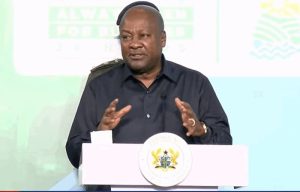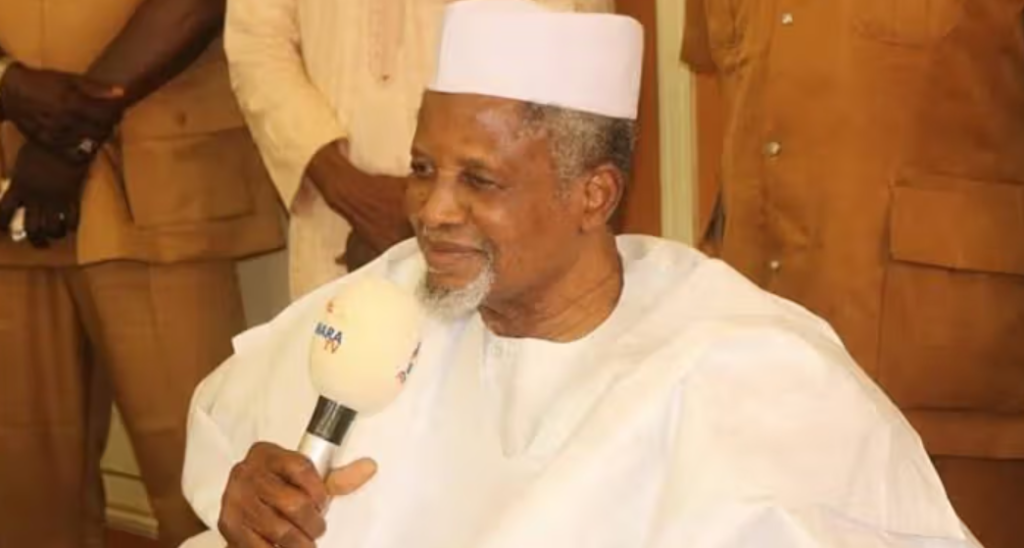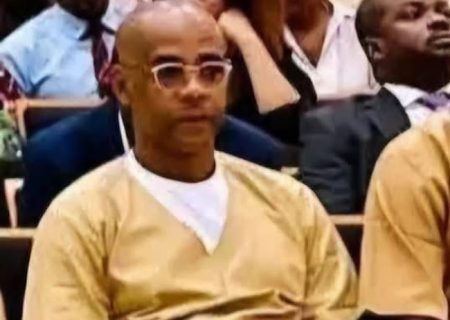The funeral of Alhaji Aminu Dantata, a prominent Nigerian businessman and statesman, served as an unexpected stage for a brief but symbolic reunion amidst a simmering chieftaincy crisis. The funeral, held in Madinah, Saudi Arabia, drew a diverse and influential crowd, including key players in the Kano emirate dispute: Muhammadu Sanusi II, the 16th Emir, and Aminu Ado Bayero, the 15th Emir. Their shared presence marked the first time the two had been seen together since Governor Abba Yusuf’s controversial decision to reinstate Sanusi, a move that effectively deposed Bayero and sparked a power struggle within the traditional leadership of Kano. This unexpected convergence underscored the profound respect commanded by Dantata, a figure whose influence transcended the political and social divisions plaguing the emirate.
The backdrop to this poignant encounter is a complex and still unfolding political drama. The emirate crisis began in May 2024 when Governor Yusuf reversed the appointments made by his predecessor, Abdullahi Ganduje, effectively removing Bayero from the emirship and reinstating Sanusi. This decision re-ignited a long-standing rivalry and created a dual power structure within the emirate, with both Sanusi and Bayero claiming the title, maintaining separate palaces, and exercising parallel authority. While the legal and traditional implications of this situation remain contested, the public appearance of both claimants at Dantata’s funeral introduced a new layer of complexity to the ongoing saga. The shared act of mourning, while not resolving the underlying conflict, provided a momentary pause in the open power struggle, highlighting the unifying power of grief and respect for a revered elder.
Dantata, who passed away at the age of 94 in Abu Dhabi, held a position of immense respect within Nigerian society. His business acumen and philanthropic endeavors earned him widespread recognition, and his wisdom and guidance were sought after by many. His funeral, held at the Al-Baqiyya Cemetery in Madinah following prayers at the Prophet’s Mosque, reflected his stature and influence. It attracted a high-profile gathering that included members of the Federal Government, state governors, eminent business leaders, religious figures, and members of the Nigerian diplomatic corps based in Saudi Arabia. The attendance of such a diverse and influential group speaks volumes about the esteem in which Dantata was held and the unifying effect of his passing, offering a platform, albeit transient, for reconciliation and shared mourning.
The presence of prominent political figures like Deputy Senate President Barau Jibrin, former Governor Ganduje, and the current governors of Kano and Jigawa states further underscored the significance of the occasion. The gathering, which included individuals on opposing sides of the Kano emirate dispute, demonstrated the unifying power of Dantata’s legacy. His influence extended beyond political and social divides, bringing together individuals who, under different circumstances, might have avoided each other. This temporary truce, however fragile, provided a rare glimpse of unity amidst a highly charged political atmosphere.
Among the mourners were key members of the Dantata family, including his son Tajudeen Dantata and his nephew Aliko Dangote, Africa’s richest man. Dangote, leading the family delegation, paid tribute to his uncle, describing him as a “pillar of wisdom, humility, and generosity.” This heartfelt eulogy captured the essence of Dantata’s character and highlighted the profound impact he had on his family, his community, and the nation. The presence of family members, alongside political and business elites, served to reinforce the multi-faceted nature of Dantata’s legacy, touching upon family bonds, economic influence, and political significance.
The funeral of Alhaji Aminu Dantata provided a unique and poignant backdrop for a brief intersection between the two claimants to the Kano emirship. While their shared presence did not resolve the ongoing crisis, it offered a symbolic moment of unity amidst a period of division. The event served as a testament to Dantata’s enduring influence and his ability to bring together diverse segments of Nigerian society, even in the face of political turmoil. The gathering, marked by grief and respect, provided a brief respite from the political drama surrounding the Kano emirate, highlighting the enduring power of tradition and the unifying force of shared loss. The future of the Kano emirship remains uncertain, but Dantata’s funeral served as a potent reminder of the shared history and interconnectedness of its people, even amidst contentious times.














